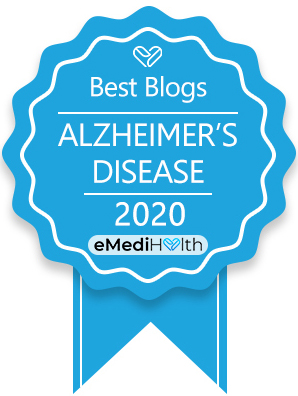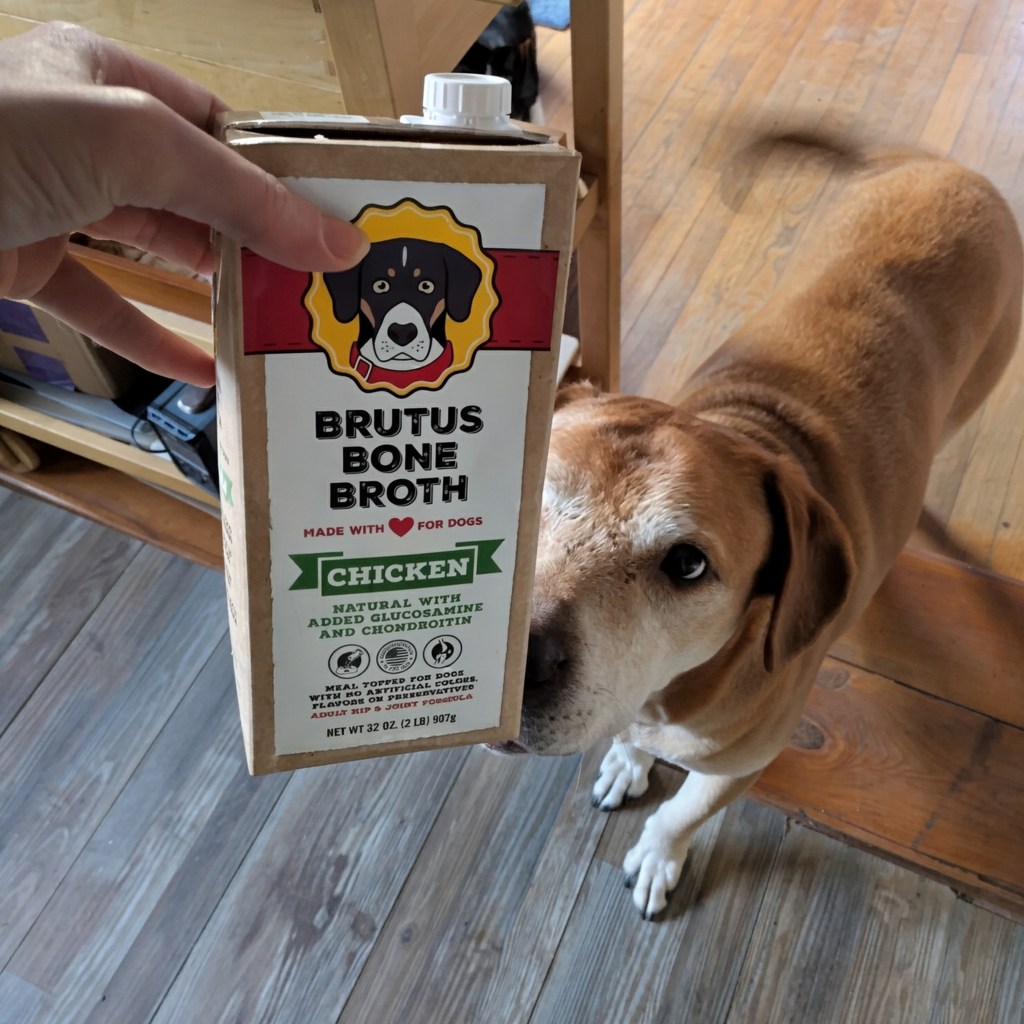
This weekend I got what turned out to be a funny reminder to slow down. Yesterday I was knocking out a bunch of household chores and was intent on getting the bed made before lunch. I was making ramen for lunch and had some leftover beef broth from making soup earlier in the week that I wanted to use instead of water to make it extra tasty.
Murphy, my senior dog, also enjoys a bit of Brutus Bone Broth with his meals, a special formulation for dogs with supplements for joint health. I keep the broth containers, which come in similar carton containers, on separate shelves in the refrigerator after opening so I don’t accidentally give Murphy my broth which has sodium and seasonings like onion and garlic in it.
Welp, you can probably figure out what happened next. Yesterday in my rush to have all my chores done before lunch, I started the ramen while distracted and let it cook while I made the bed. [First mistake.] Murphy was extra excited in the kitchen and getting underfoot while I was making lunch, so I shooed him out. [Second mistake.] I got the bed made and ate my lunch and then got ready to feed the dog that evening.
And when I opened the refrigerator, I was surprised to find no dog broth. How is that possible, it wasn’t near empty yet ….
Ruh-roh. That’s when my eyes saw the container of beef broth, still sitting on a lower shelf. I had accidentally used the dog’s broth in my ramen.
I probably turned a little green around the gills while I dug the dog broth carton out of the trash. My first concern was if the broth was gluten-free, as I’m a celiac and strictly follow a no gluten diet. I breathed a big sigh of relief when I saw those two magical words “gluten free” on the label. That was followed closely by two more welcomed words: “human grade.” Scanning the limited, whole-food ingredients, the dog-formulated broth was probably healthier than the broth for people. The joint supplements were also fine for people.
I’m fine and can laugh about the whole situation now, especially Murphy trying to give me a sign. He was probably wondering what yummy treat I was making him with his broth! Fortunately I had another container of dog broth in the pantry, so he will not go without. You would think the author of Slow Dog would take some her own advice. It’s a good reminder that being intentional requires daily practice.
As a caregiver, of course, it’s even more important to not be distracted when preparing meals to avoid allergies or drug interactions. Your and your loved one’s well-being is more important than when the bed gets made. Lesson learned and noted!
Looking for more caregiving tips? I’m participating in the The 17th annual Smashwords Read an Ebook Week sale. Get the e-book version of The Reluctant Caregiver for half off through March 7, 2026.


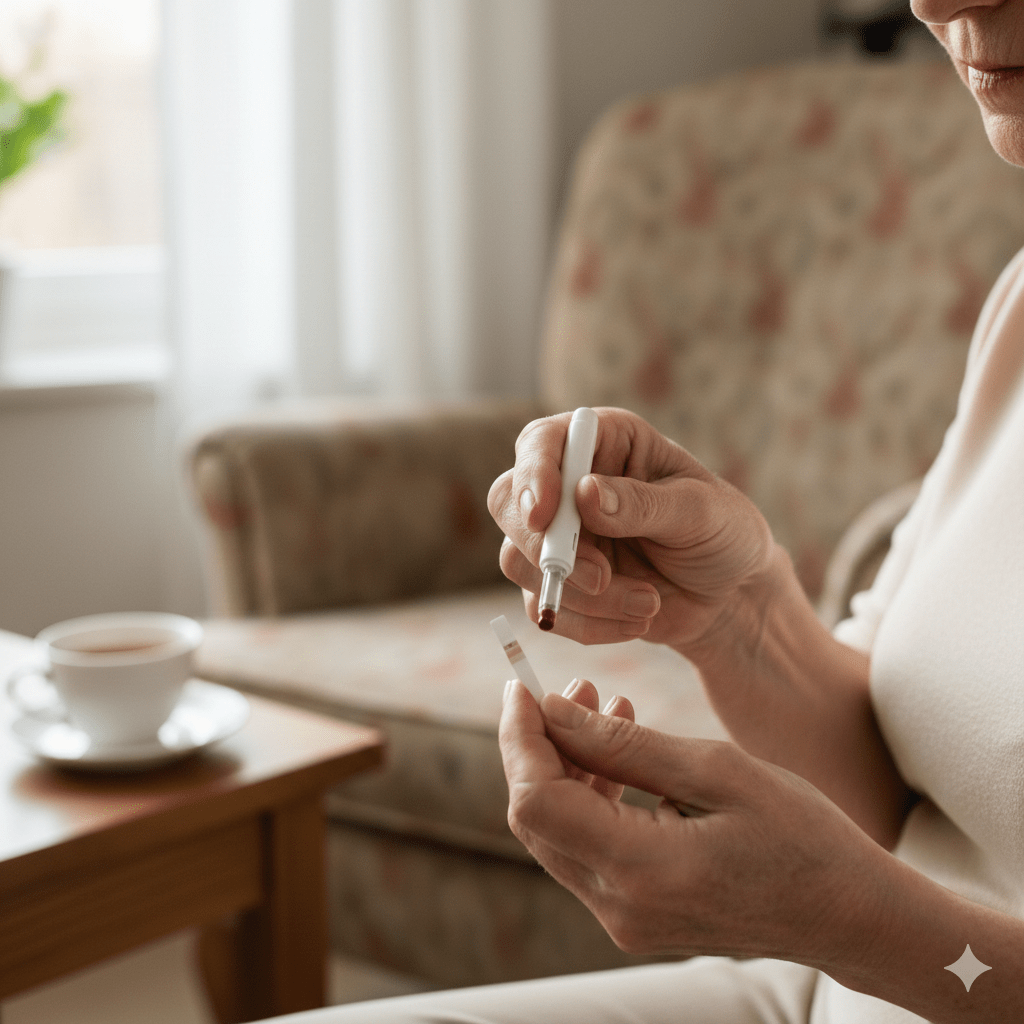

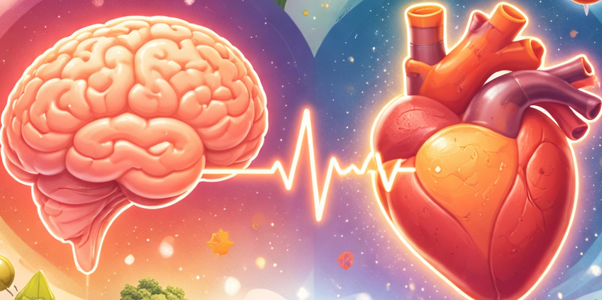
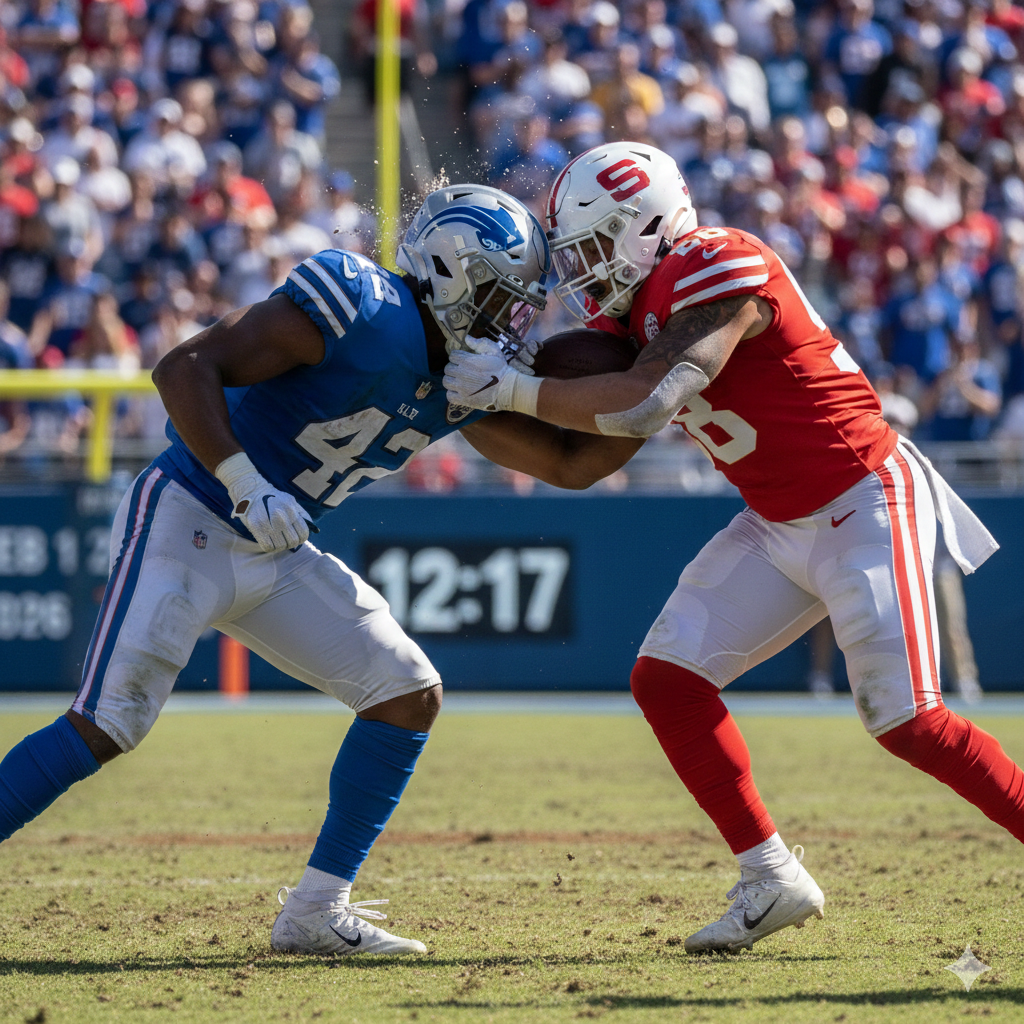


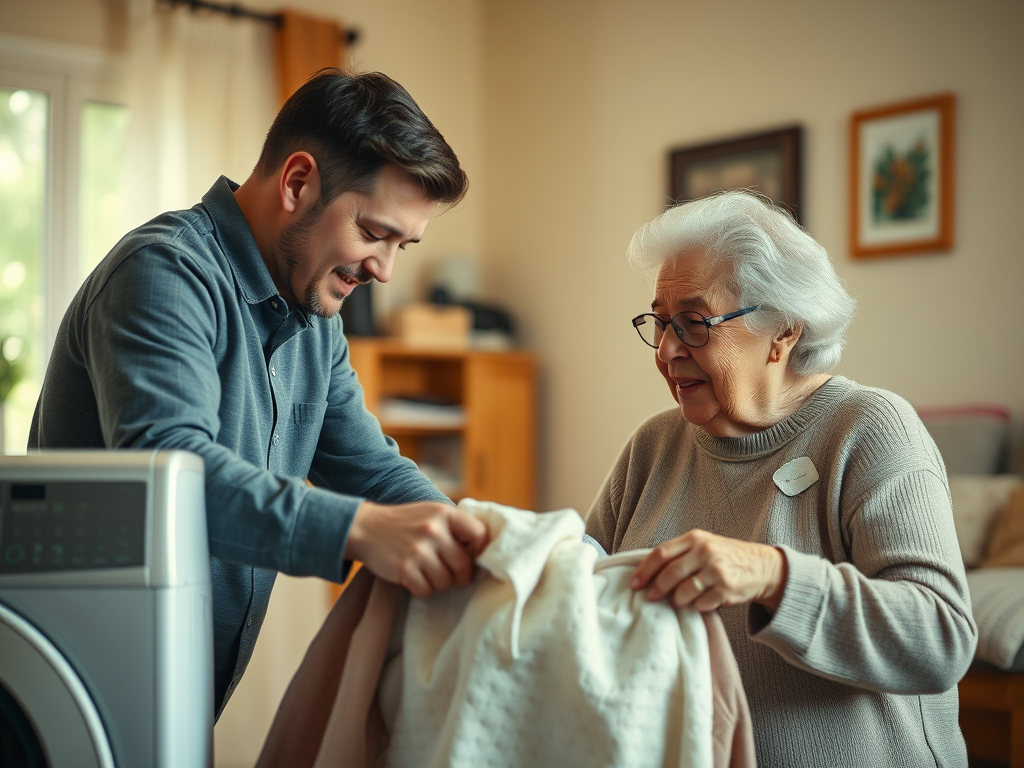

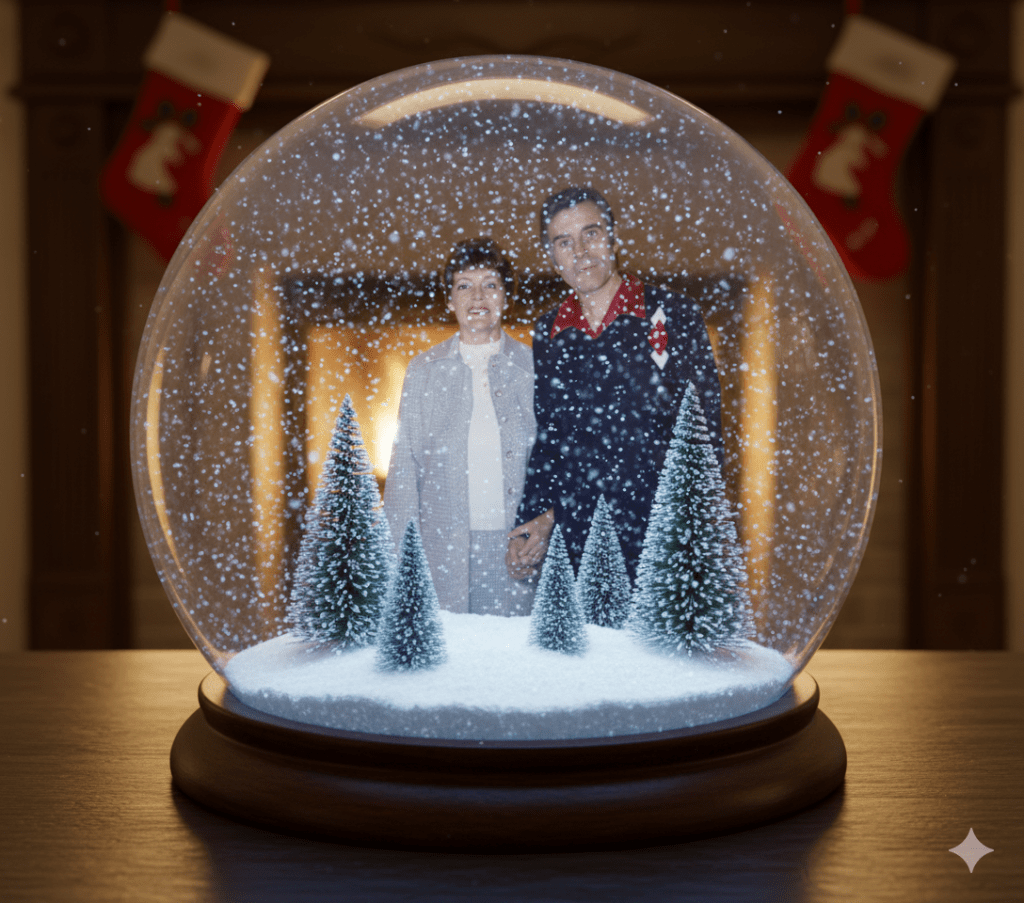

![Pageflex Persona [document: PRS0000038_00069]](https://memoriesproject.files.wordpress.com/2014/02/reluctant-caregiver-cover.jpg)

